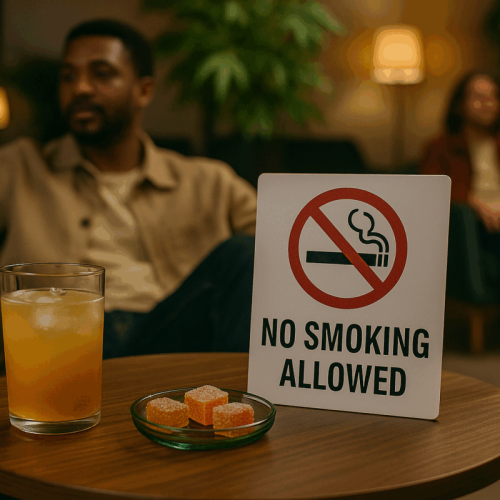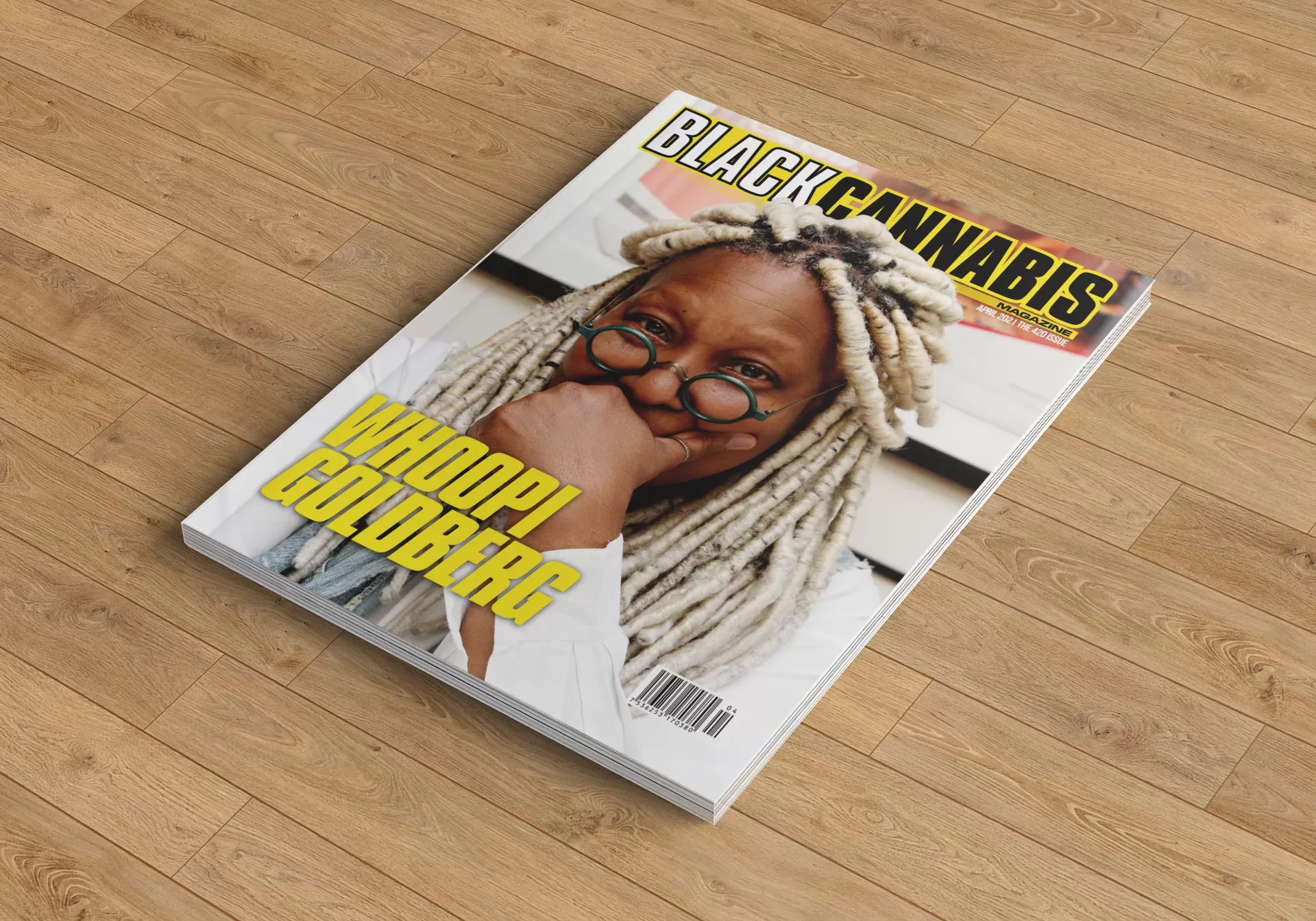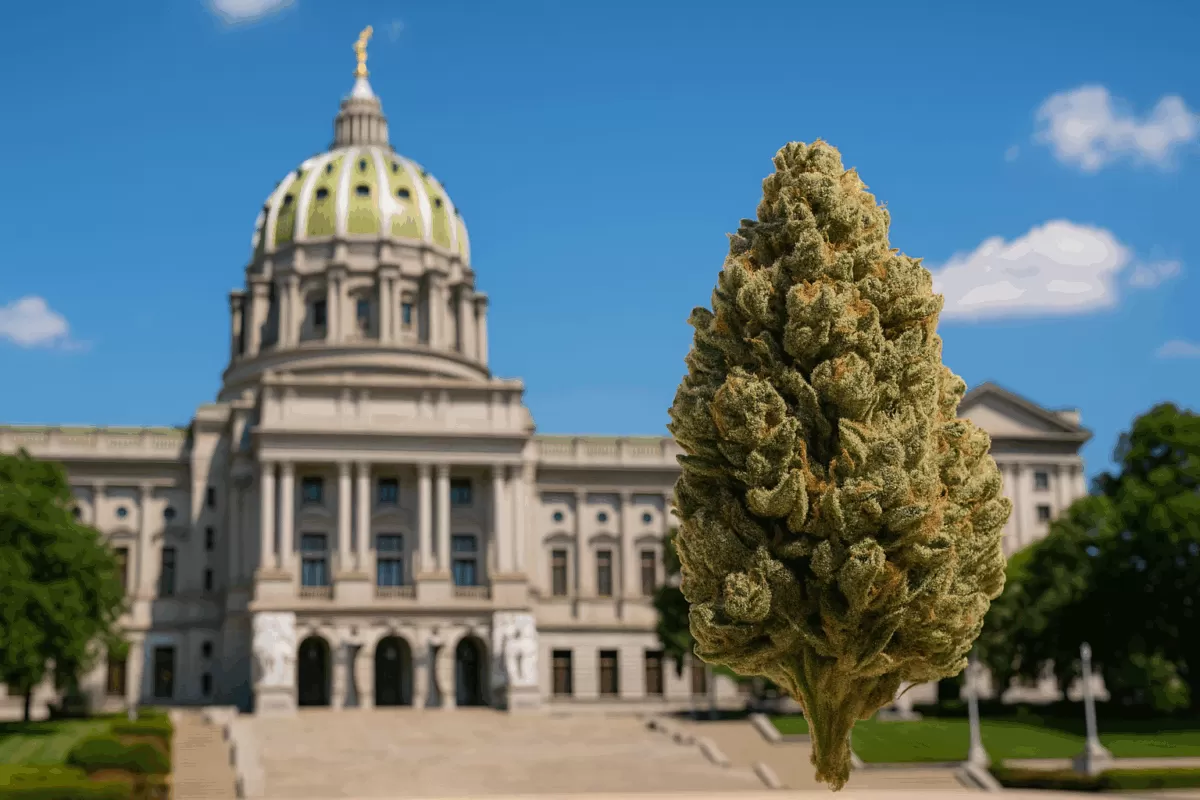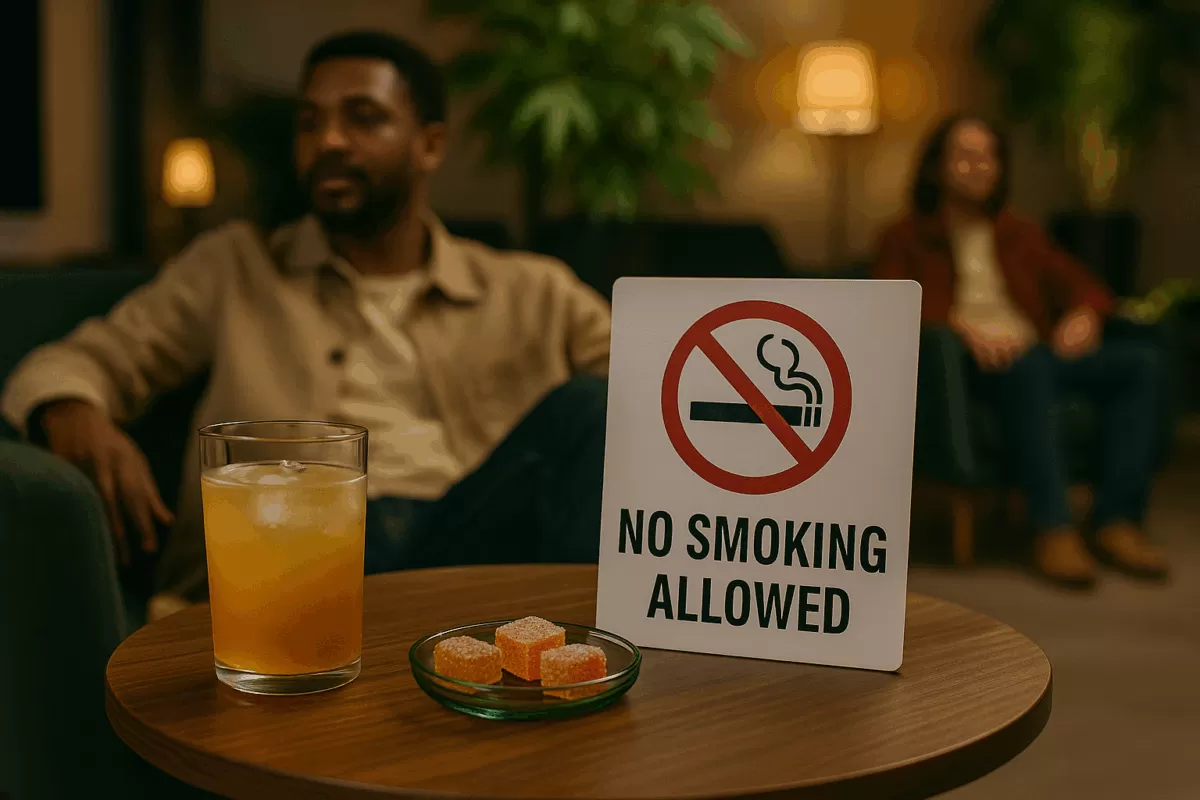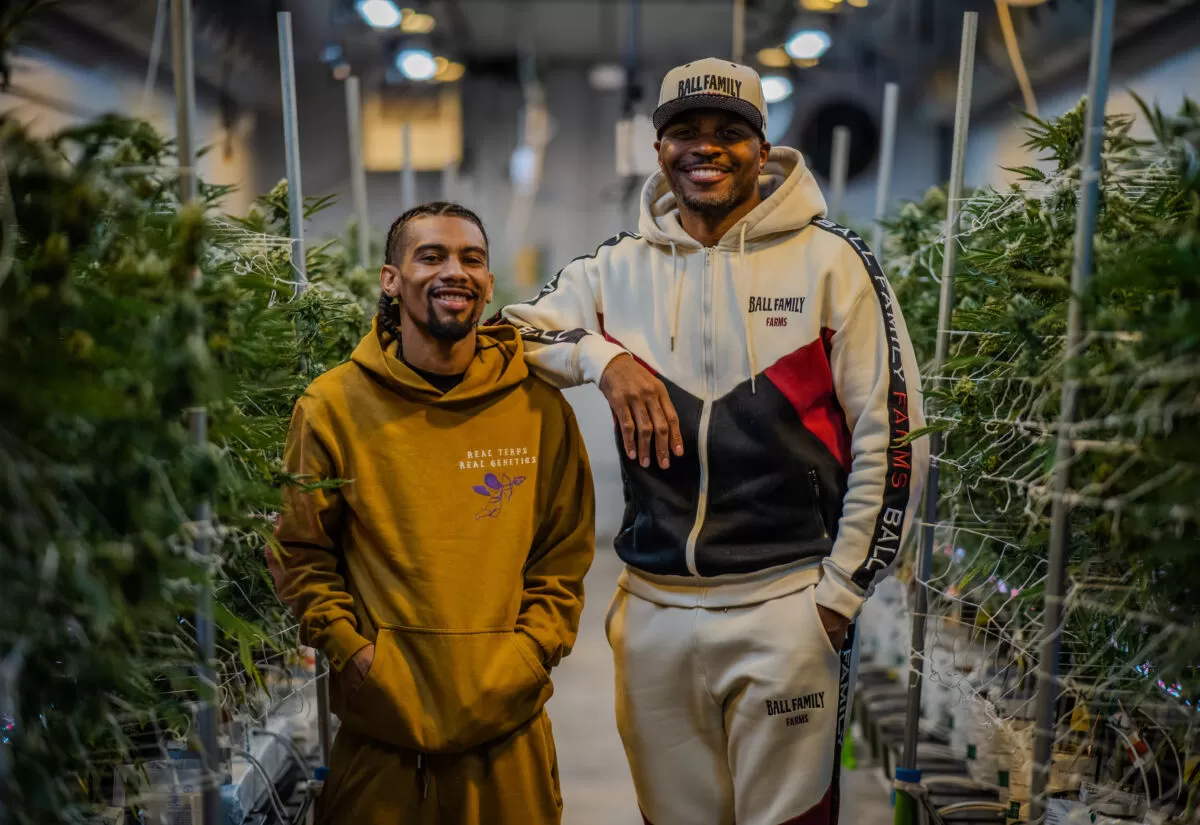Despite taking bows for its progression in cannabis and being in the spotlight for the billions of dollars pouring into the legalized industry, many black entrepreneurs aren’t seeing the success so many brag about.
Take, for example, L.A.’s Donnie Anderson. Over the last four years and after investing $500,000, the hopeful store owner has no prospects, a ton of debt, and no shop.
Anderson’s loved ones provided financing for a $6,000-a-month cannabis store. He paid for and installed everything needed to get off the ground running. He’s paid the rent and has done so since 2018. And the one other thing Anderson’s done is wait. Before he could legitimately make a move, Anderson needed his permits. And so he waited. And waited…
Anderson laments how Cali’s legalization process was killing hopefuls. “All the air has been let out of me.”
Due to inaction on the state’s part, Anderson gave up his lease and began selling the equipment.
California (Allegedly) Changes the Game
It was November 2016 when Californians legalized recreational weed. Since, city and state legislations struggle to regulate the industry, the ineptitude frustrating black entrepreneurs. Ambitious social equity programs designed to help disenfranchised entrepreneurs and the formerly incarcerated get into the business are still in planning mode.
The CEO of The People’s Ecosystem, a Cali cannabis company derailed by the state’s stalling, put it bluntly. Christine De La Rosa says, “Many people got totally burnt.” She planned to apply for a social equity license but didn’t win the city’s lottery. “I can’t think of one” [program] “that has been good for women or for people of color. It has been a failure.”
What’s gumming up the works in De La Rosa’s opinion is the social equity programs’ lack of financial support. While the wealthy (and white) freely dive in, the majority of entrepreneurs cannot get the financing they need. Big banks are hindered by the fact weed’s still illegal on the federal level. That means they aren’t handing out loans, which people of color desperately need.
De La Rosa laments, “This has been the farce of social equity. You tell a bunch of formerly incarcerated people of color, ‘we’re going to give you a license.’ So now you have the license but you don’t have the money.”
Or you can’t get the license at all.
The State of Things
Lack of capital doomed many cannabis entrepreneurs with dark skin. Virgil Grant, who owns three dispensaries in L.A., helped design the city’s social equity program. Yet, Grant admits financial challenges and red tape make it near impossible for people of color to get into the business.
Worse, existing Cali businesses compete with the black market. The industry remains restricted by local jurisdictions. Obstacles like paying out 40 percent in taxes inflate legal cannabis pricing which is beginning to turn customers back to the street for their weed.
Even if things could turn around, who can afford to wait it out? Not Donnie Anderson. “I’m giving up the lease right now. I’m just ready to sue.”





